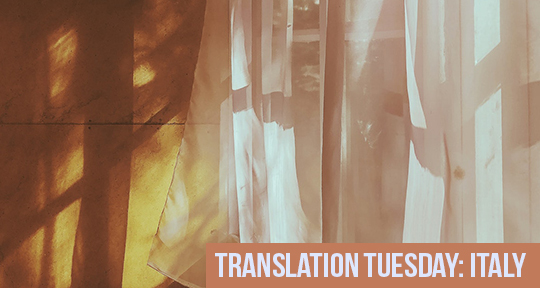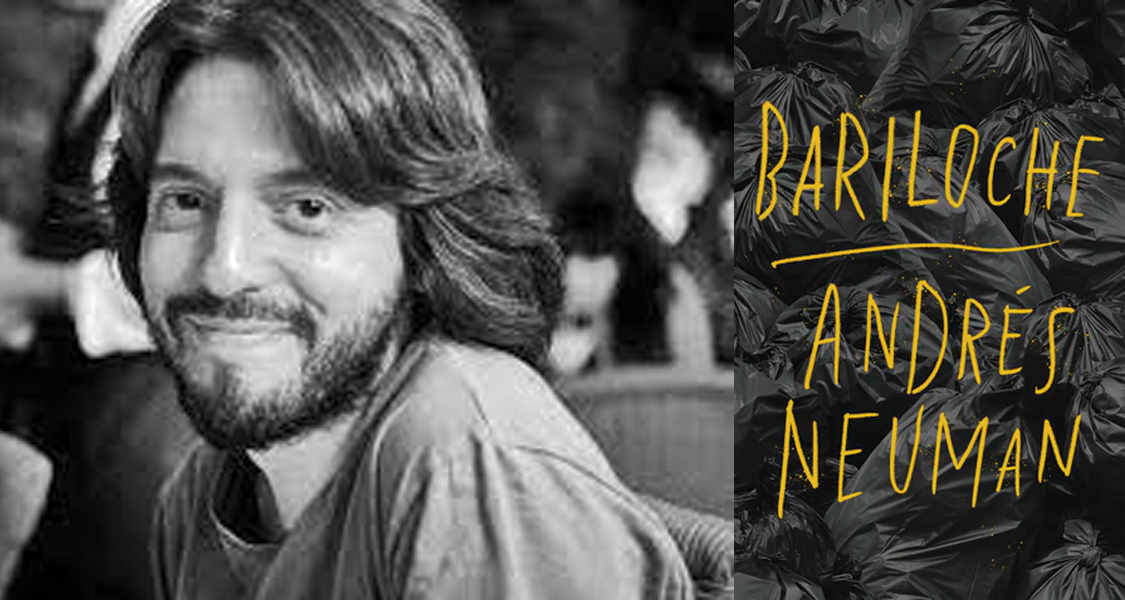For Translation Tuesday, Italian poet Riccardo Benzina shows us the psychic toll of lies upon the liar in this haggard confessional. His lines, slowed nearly to a slurring by ragged breaks and repetitions, and translated with care by Marco Malena, evoke the sort of exhaustion that only prolonged deception can cause. “Worn out is the idea,” indeed.
Not the truth. That’s why I’m telling you
I’d like to rest.
Worn out is the idea.
Yes I’d like to, I’d like to
if I can because
later on the doldrums will turn into a giant strut, almost
an entire world and I will be
entirely taken, you will be
entirely taken, we will be taken.
I’d like to rest my self as well, my self
you leave in the closet every time
burning a merciless cross
on the wall of your chest. The distance
unsewn, a desperate kiss on the windows.
I never told you.
Now I let the trap speak
for me. You’ll see
that I’ve read and not replied, that you don’t receive, you haven’t
received anything. READ MORE…


